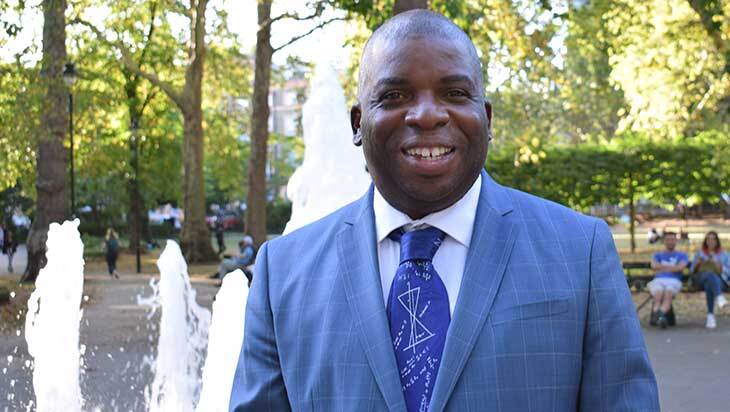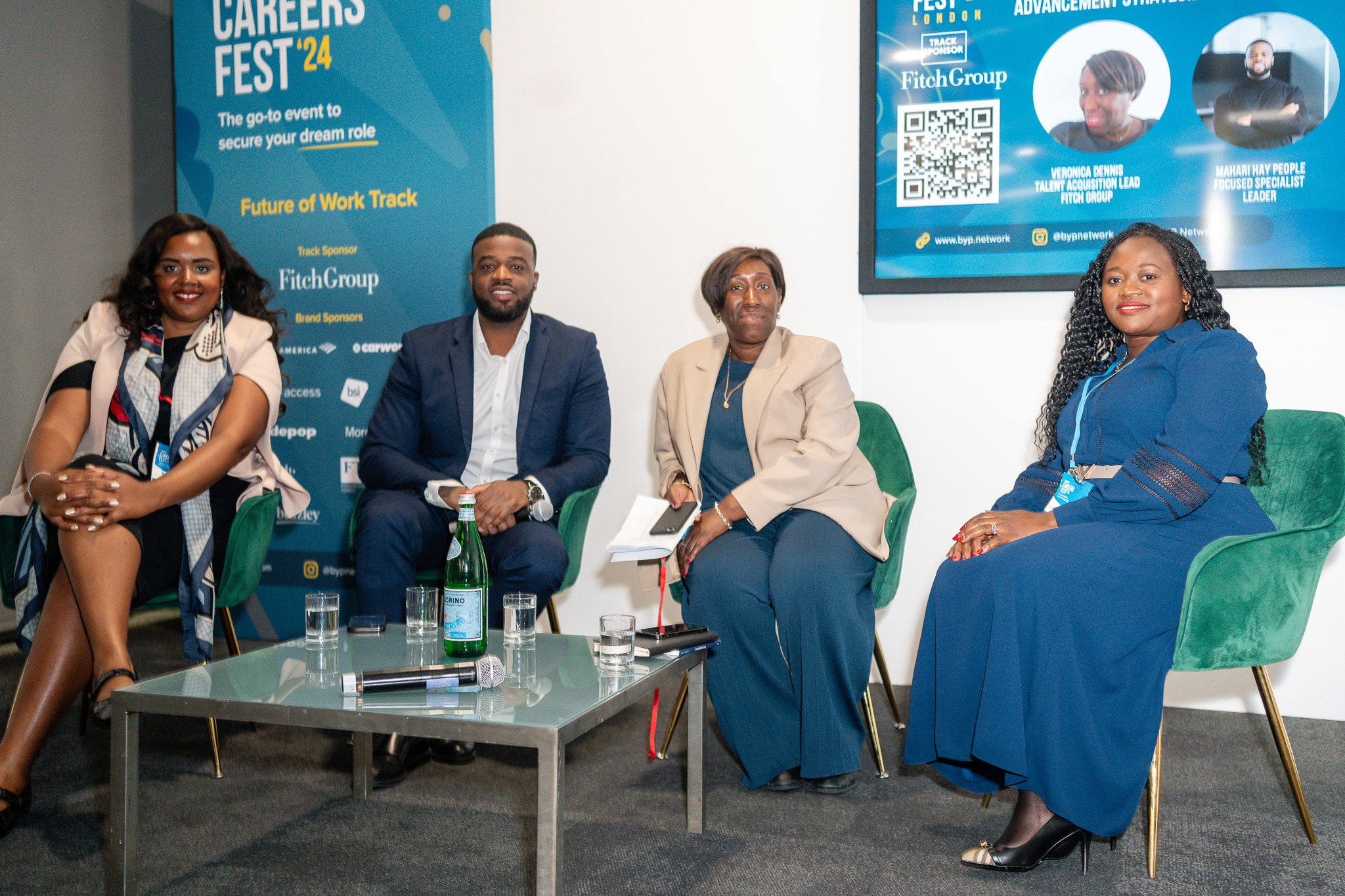At age 15, Atkins’ Professional Head of Discipline for Data Science received a simple word of encouragement from his father that could change your approach to career development.
Dr. Nira Chamberlain’s career is a direct evolution of advice his father gave him in secondary: “You don’t need anyone’s permission to be a great mathematician.” Using that mindset and his passion for using numbers to solve real-world problems, Chamberlain has emerged as one of the UK’s leading mathematicians and one of the Top 100 Most Influential Black Persons. He’s also the first Black president of the Institute of Mathematics and Its Applications (2020-21) and will be of the Mathematical Association (2023), making him the first Black person to head a major mathematical learned society in Europe.

Dr Nira Chamberlain, Professional Head of Discipline for Data Science at Atkins
BYP spoke to Chamberlain about how his father’s early advice has helped him – and can help you! – navigate the challenges one faces in academia.
BYP: What challenges did you face as a young Black professional in your career?
Dr. Nira: In my formative years, the challenge was going into a room and trying to explain an idea or wanting to be part of a team; and just not being listened to. I realized I needed to take an attitude of technical excellence. So if I have an idea, make it absolutely water-tight. I always tell anyone who wants to be a mathematician: you must think like a mathematician, talk like a lawyer.
BYP: What practical advice would you offer to someone who admires your career and wants to get there?
Dr. Nira: Always continue learning: mathematics and subjects in STEM always keep evolving and moving, and it’s important that you keep yourself up-to-date and learning what’s new. Keep your skills fresh, read papers, go to conferences, network, collaborate. Always keep on moving forward technically, and always keep on moving forward emotionally.
BYP: What does diversity in action look like to you? How would corporations demonstrate meaningful and long-term approaches to it?
Dr. Nira: Diversity is just getting people in the door. But diversity without inclusion means that you’re not creating a sustainable environment. Recruiting people is one challenge. Retaining them and progressing them so that they can make it to the next level, is always a challenge. You want people to know that they can learn and grow into whatever they want to be within the company.
BYP: In the post-George Floyd era, we have uncovered a lot of blind spots in diversity initiatives. Do you have any suggestions for how companies can address those?
Dr. Nira: The success of diversity and inclusion initiatives starts with leadership and it ends with leadership. The way to stop and restrict diversity is when someone in leadership looks at someone who is younger than them and says, “That person reminds me of myself.” The group of people you network with, sponsor, or mentor, if that group is not diverse, inclusion will never happen.
BYP: What does changing the Black narrative look like to you?
Dr. Nira: It’s defying what society or even imposter syndrome tells you can’t do to realize that, coming from where you come from, you still can be who and what you’ve been called to do. Changing the narrative is to keep moving forward and challenging barriers.
To learn more about Atkins or to apply for their available roles please visit their BYP jobs board here.






